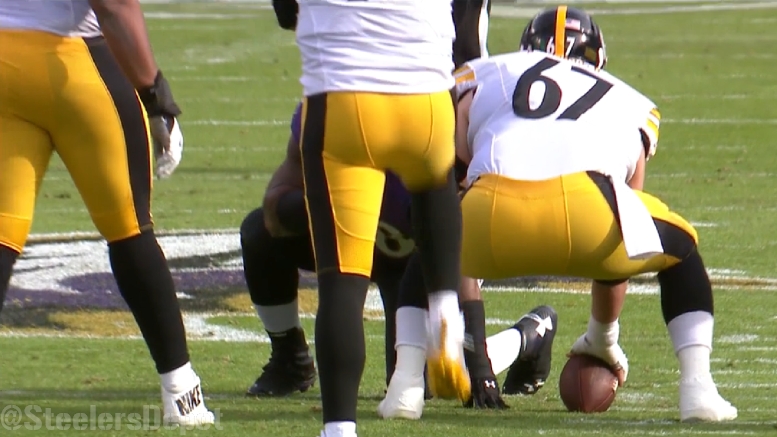The Pittsburgh Steelers are now into the offseason, following a year in which they had high hopes for Super Bowl success, but ultimately fell short of even reaching the postseason at 8-8. It was a tumultuous season, both on the field and within the roster, and the months to follow figure to have some drama as well, especially in light of the team’s failure to improve upon the year before.
The team made some bold moves over the course of the past year, and some areas of the roster look quite a bit different than they did a year ago, or even at the start of the regular season. Whether due to injuries or otherwise, a lot has transpired, and we’re left to wonder how much more will change prior to September.
How will Ben Roethlisberger’s rehab progress as he winds toward recovery from an elbow injury that cost him almost the entire season? What about some of the key young players, some of whom have already impressed, others still needing quite a bit of growth? Will there be changes to the coaching staff? The front office? Who will they not retain in free agency, and whom might they bring in?
These are the sorts of questions among many others that we have been exploring on a daily basis and will continue to do so. Football has become a year-round pastime and there is always a question to be asked, though there is rarely a concrete answer, as I’ve learned in my years of doing this.
Question: Why did the Steelers decline to match the Seattle Seahawks’ offer for B.J. Finney?
According to Jeremy Fowler, the Steelers were trying to work out an extension with B.J. Finney before he hit the open market, similar to how they’ve operated with Ramon Foster through his past couple of deals. However, the Seattle Seahawks swooped in to over a two-year contract with what Fowler reports is worth up to $9.5 million.
It’s worth noting that the Steelers never gave Foster a contract that paid him an average of more than $4.125 million per season. The two-year, $8.25 million contract that he signed last offseason—of which he received $4.25 million before announcing his retirement—was the largest contract of his career, while his career earnings come out to roughly $22 million, according to Over the Cap, over his 11-year career.
Still, even $5 million annual per-year salary seems to be a not unreasonable expectation for a starting guard. There are something like 35 guards in the NFL right now making that or more, including 13 making $10 million or more (among them David DeCastro).
Since it was announced that Finney would be signing with the Seahawks, many have argued that the Steelers don’t view him as a long-term starter-capable player. Others have suggested that the quality of play has fallen off in recent years. did the team sour on Finney, or was it more about their salary cap situation relative to the alternatives? Retaining Matt Feiler gives them a starter-capable guard, while they have two young tackles to compete for right tackle, and the draft is a solid one for interior linemen as well, so they likely had all of these things in mind when they decided they would not match Seattle’s deal.








